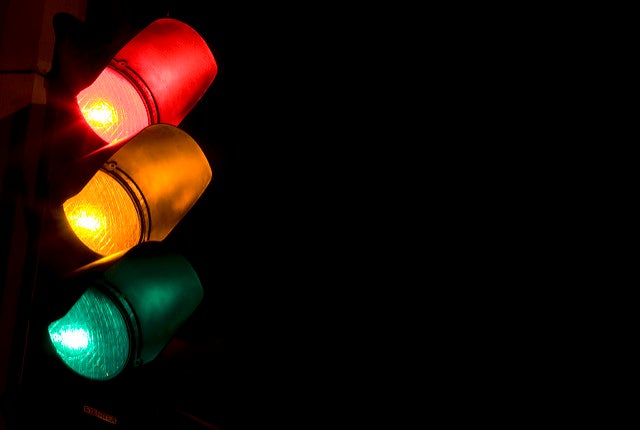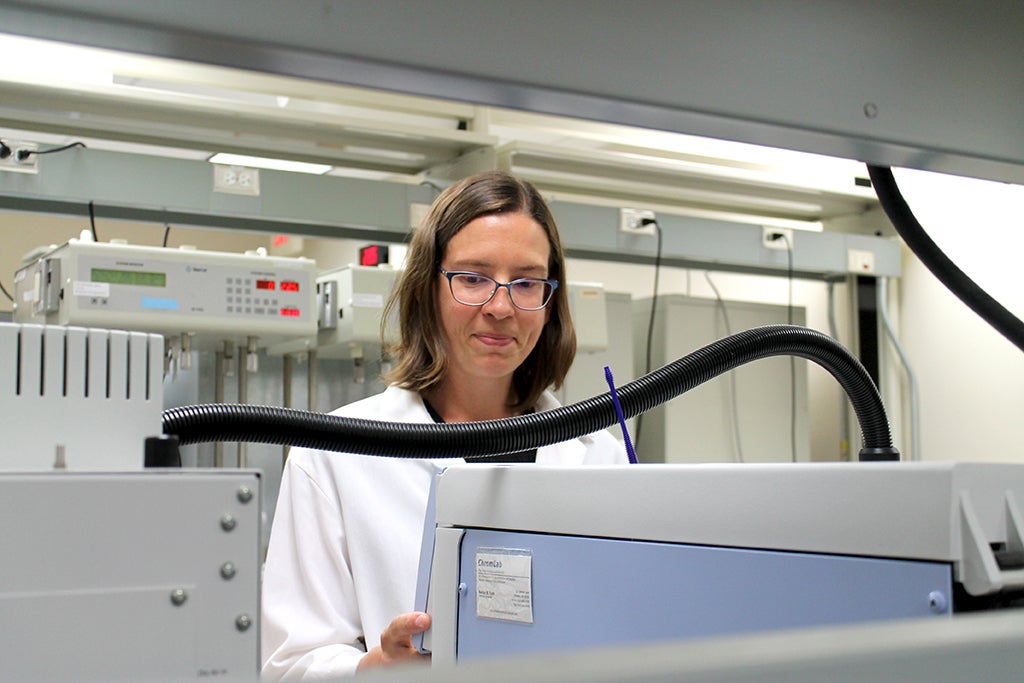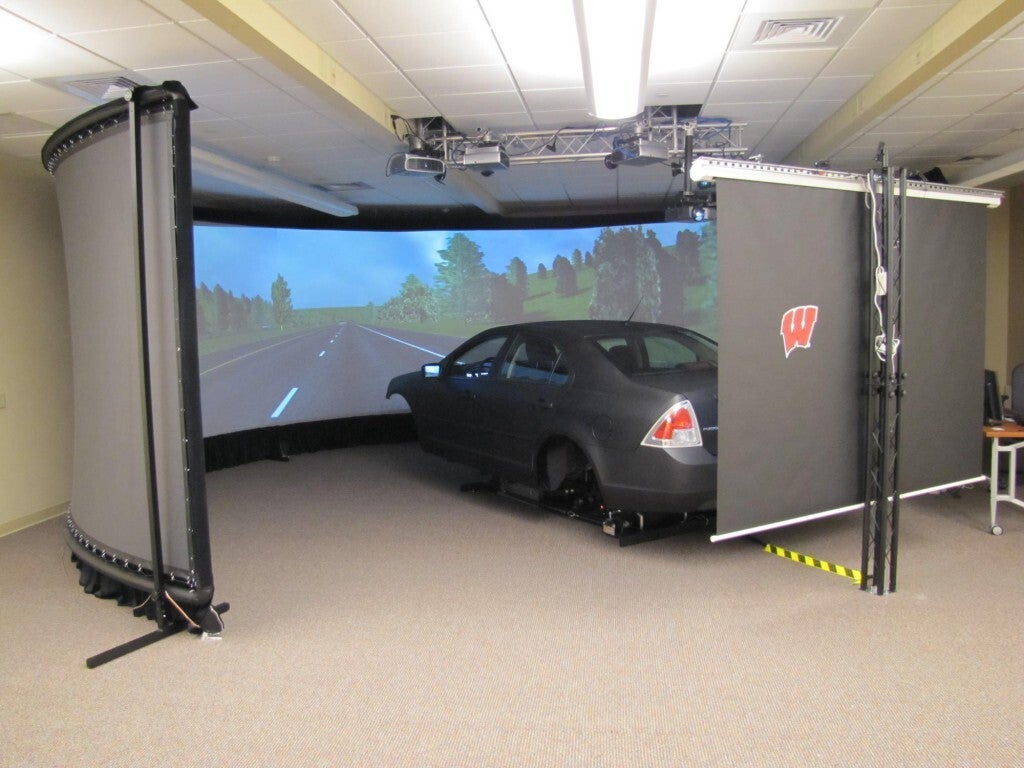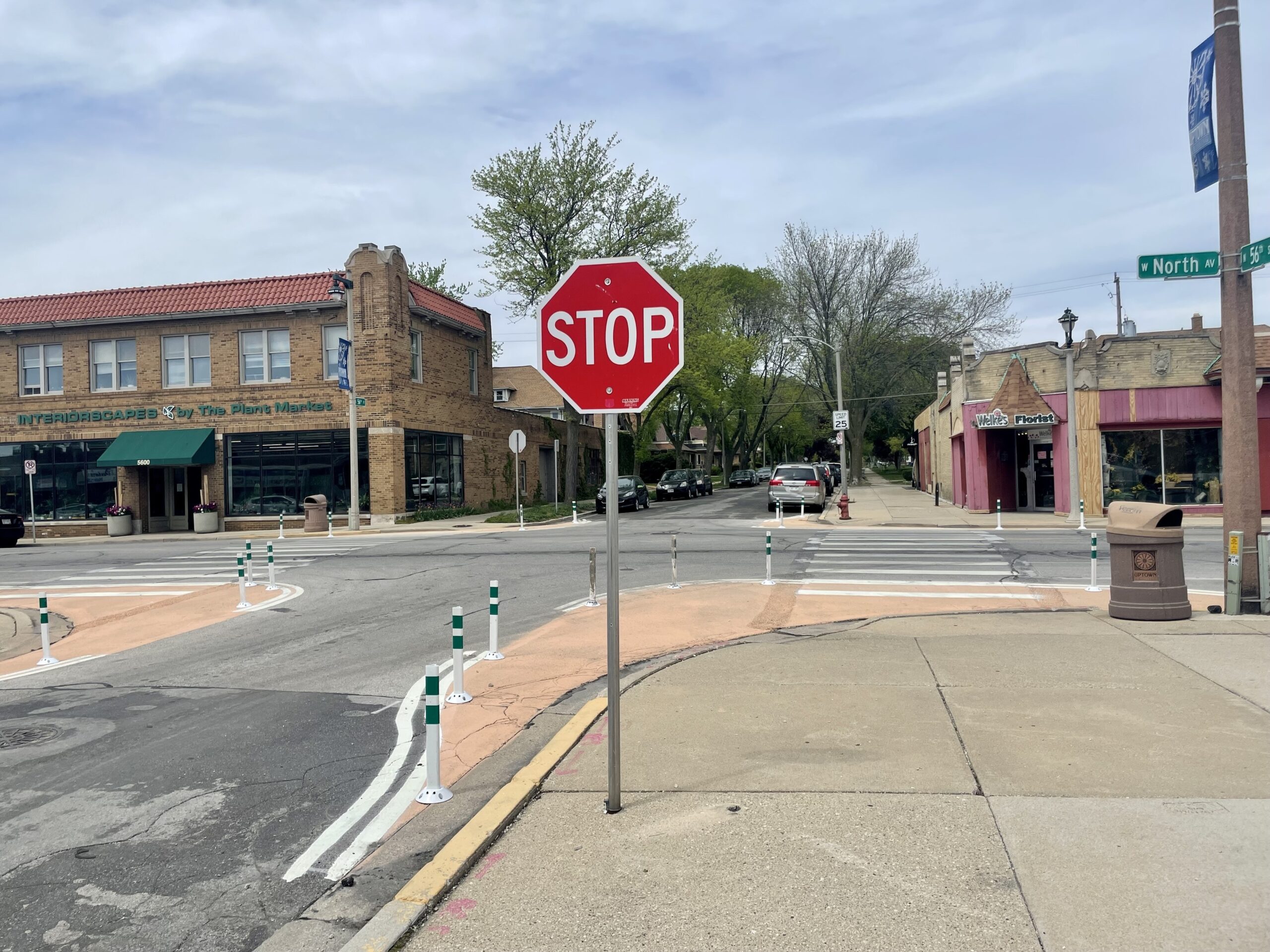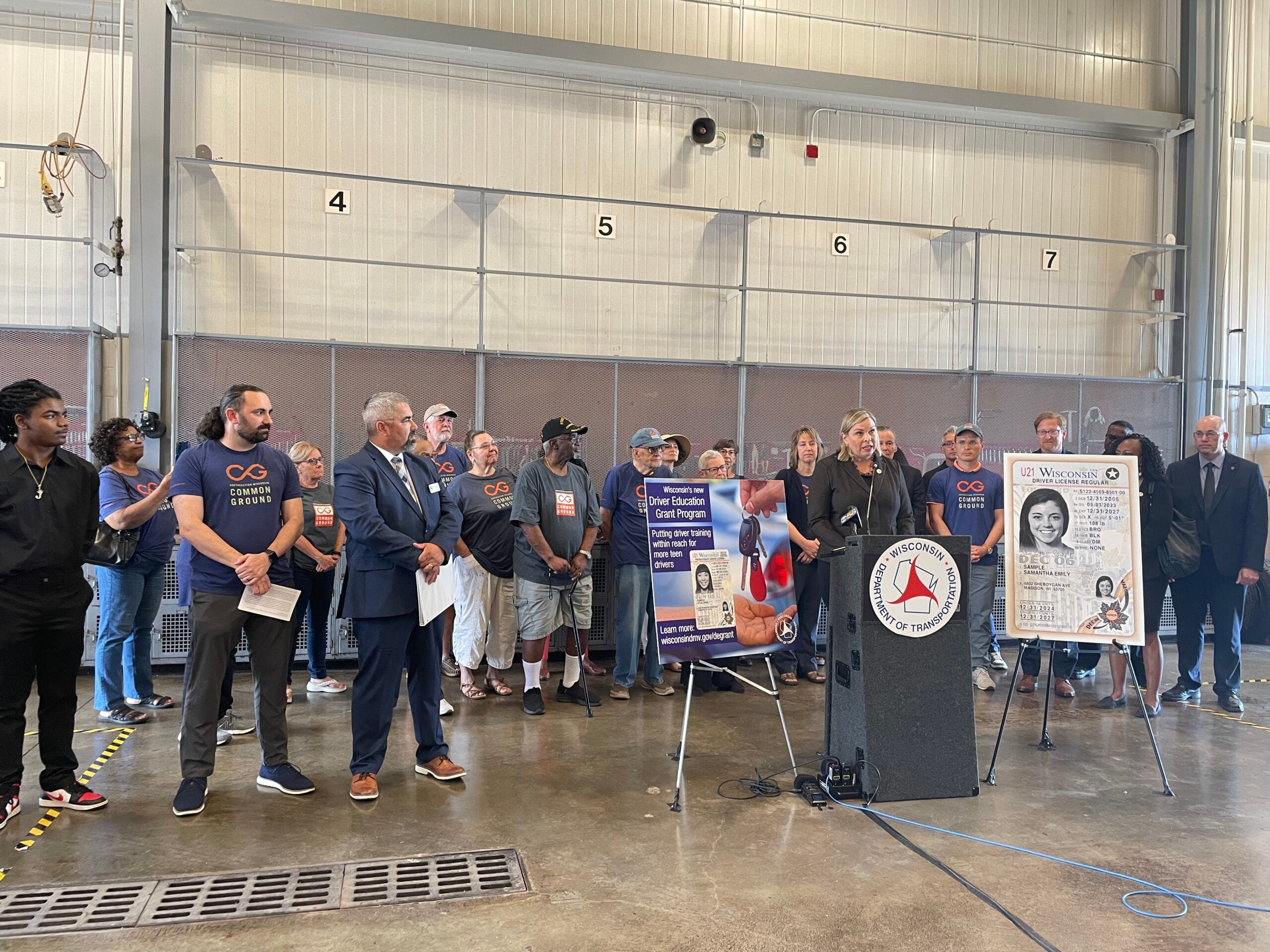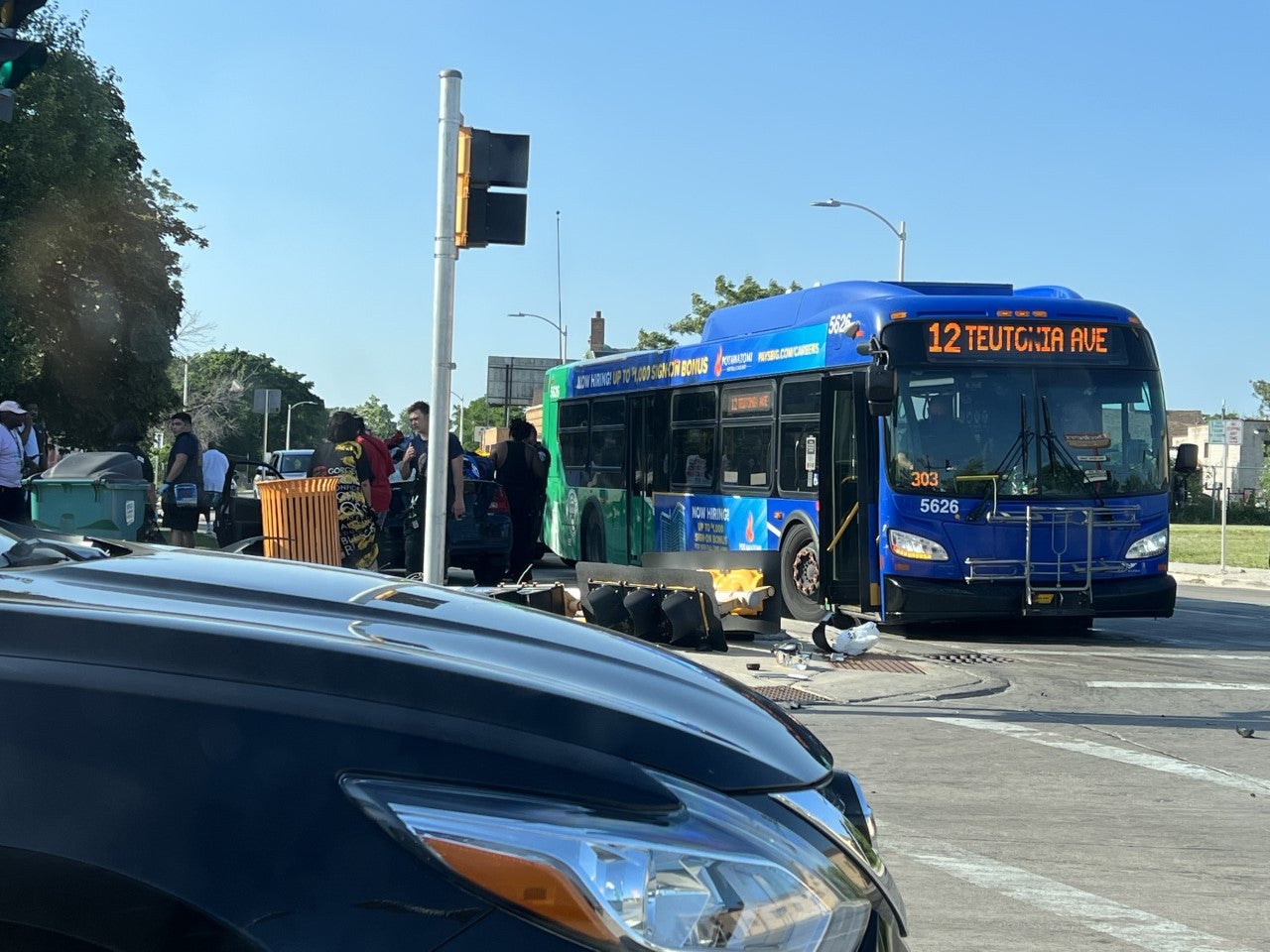Transportation officials say they’re working more closely with law enforcement to better prevent drunken and drugged driving.
The state Department of Transportation is using federal funds for an outreach campaign around the Drive Sober Or Get Pulled Over Campaign, in which law enforcement agencies across the state conduct additional patrols to watch for impaired drivers.
The program runs through Jan. 1, 2019.
Stay informed on the latest news
Sign up for WPR’s email newsletter.
The state also said about 3,800 law enforcement officers have been trained in the Advanced Roadside Impaired Driving Enforcement program.
David Pabst of the state Bureau of Transportation Safety said the program trains officers to look for a wide range of symptoms and behaviors that might indicate a driver is under the influence of drugs or alcohol, “such as constricted pupils, or maybe they’re sweating, or signs of cognitive impairment that they’re attuned to, and they’ll recognize. Then they can make the follow-up questions and the follow-up tests to see if it is, in fact, drugs and not alcohol.”
Pabst said the DOT, law enforcement and other public and private entities have been working more closely to spread awareness about drunken and drugged driving, and to take impaired drivers off the roads.
“By having everybody involved, we’re addressing the problem from either the abuse side, or the driving side, the driver behavior, or the educational side,” he said. “Some people just aren’t aware, ‘I’m taking these drugs, maybe they’re affecting my ability to operate machinery or a motor vehicle.’”
The DOT has developed a “Drive Sober” app which includes a “find a ride” feature.
Pabst said he’s hopeful a recent decline in traffic fatalities could mean the public is heeding the messages about impaired driving.
The Wisconsin DOT’s Crash Records Unit reported 551 fatalities through Dec. 16, 2018.
That could put the state on track for the first yearly decline in traffic-related deaths since 2014.
There were 594 deaths in all of 2017.
Wisconsin Public Radio, © Copyright 2024, Board of Regents of the University of Wisconsin System and Wisconsin Educational Communications Board.

